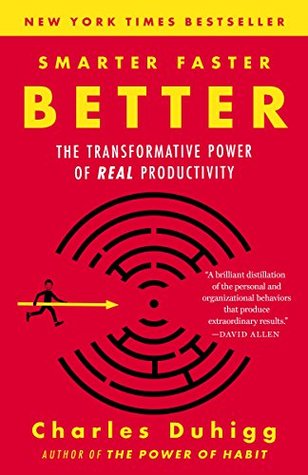As people began playing, Delgado watched the activity in their striata. This time, when people were allowed to make their own choices, their brains lit up just like in the previous experiment. They showed the neurological equivalents of anticipation and excitement. But during those rounds when participants didn’t have any control over their guesses, when the computer made a choice for them, people’s striata went essentially silent. It was as if their brains became uninterested in the exercise. There was “robust activity in the caudate nucleus only when subjects” were permitted to guess,
...more
Welcome back. Just a moment while we sign you in to your Goodreads account.


